The end of PFAS-based packaging - A sustainable choice for Food Service, Hospitality, Meat, Horticulture, and Healthcare industries.
COPAR's solution signals the end of an era where harmfulsingle-use packaging dominated the market. Our wheat straw packaging has no PFAS added and is plastic-free.
What is PFAS ?
PFAS stands for Per- and Polyfluoroalkyl Substances, a group of human-made chemicals that have been widely used for decades in various industrial and consumer products due to their unique properties such as providing heat resistance and water repellency to products. These chemicals can be found in many items likeplastic packaging, paper coating in food packaging, and even cosmetics.
Why is PFAS found everywhere?
PFAS are found almost everywhere due to their widespread use in various industrial and consumer products. These human-made chemicals have unique properties like heat resistance and water repellency and can be found in items likeplastic packaging, paper coating in food packaging, and even cosmetics. Because of their extensive application, PFAS compounds have entered the environment through manufacturing processes, usage, and disposal of products containing them, leading to their widespread presence in our air, water, soil, and in living organisms.
COPAR’s Focus on No PFAS Added Solutions:
At COPAR, we are committed to providing sustainable packaging solutions that prioritise safety and environmental responsibility. Our compostable wheat straw packaging has no PFAS added. This means we add NO PFAS chemicals to our products. This ensures that your food service, hospitality, meat, horticulture, and healthcare products are packaged with care for both people and the planet. By opting for COPAR's no PFAS added solutions, you're making a conscious choice to support packaging that is safe to consume, for our people and our planet.
Explore Our No PFAS Added Compostable Wheat Straw Packaging Range
Key Benefits






FAQ
Source :
PFAS (Per- and Polyfluoroalkyl Substances) are synthetic chemicals known for their persistence in the environment. These substances have raised concerns due to their potential health and environmental impacts. When present in packaging materials, PFAS can leach into the environment and eventually find their way into water systems and even food, posing risks to both human health and the ecosystem.
Although we are aware that these substances can be present in humans, animals, and the surroundings, our understanding of the extended consequences of prolonged PFAS exposure on human health remains limited. As a safety measure, Australian government suggest minimising exposure whenever feasible, as ongoing research delves into potential health implications.Source :
The Action Plan outlines a national, voluntary and industry-led approach to phasing out per- and polyfluoroalkyl substances (PFAS) in fibre-based food contact packaging by 31 December 2023, with consideration for stock run-out.
Companies making claims about their products' PFAS content should be able to substantiate those claims with reliable evidence. Additionally, there is growing awareness and efforts to phase out PFAS-containing materials in various industries.We support Government discussions to mandate PFAS levels within all packaging.





